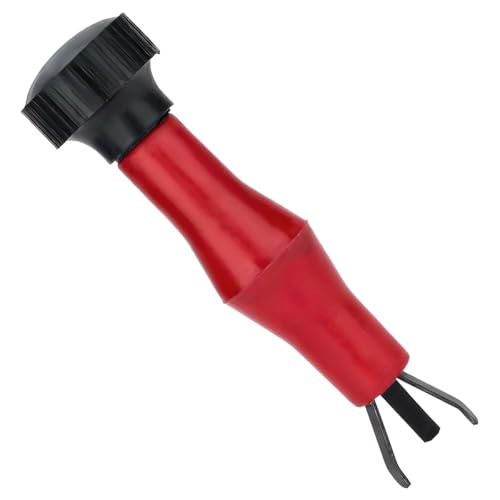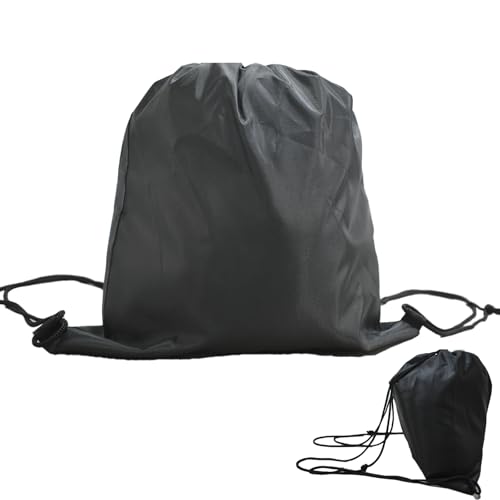"No correlation between type of motorcycle and deceleration parameters could be detected" and some introductory information about the bikes of novices. As someone who has owned several bikes, "no differences between bikes" is a crock! As a peer reviewing scientist I would reject this article on the basis that that the conditions are not comparable as presented; is the bike better at stopping becasue it has ABS or for any of a number of weight, suspension and non-abs brake factors.
As a "peer reviewing scientist", I'm surprised you use a personal anecdote to try to impeach a finding.
I can see where there could be 'no difference between type of motorcycle and deceleration parameters in this study': overall the more experienced bikers commonly ride heavier bikes and have better braking technique--skewing deceleration/bike data....
Besides, you missed the part where they used two control bikes (well, a scooter and a bike) for the study.
Really, did anyone bother to actually
read study!?
From the MSF website:
Two technical developments have sought to simplify braking control and provide more effective braking. Linked braking slows both wheels with a single control. Antilock braking systems (ABS) allow the rider to apply maximum braking force without fear of wheel lock-up and the resulting loss of control, providing the bike is not leaned over. Under many pavement conditions, antilock brake systems allow the rider to stop a motorcycle more rapidly while maintaining steering control even during situations of extreme, panic braking.Although incidental and first-hand experience indicates either of these systems can be effective in countering the problems faced by a motor-cyclist in a panic stop, we know of no research that shows how they perform in the field compared with similar bikes fitted with standard brake systems. The added costs (particularly for ABS) andreluctance to accept them by some experienced motorcyclists have limited the adoption of these potentially effective systems.
Maximum braking force does not imply 'progressively sqeezing the brakes'. Progressively squeezing the brakes is wonderful technique and all of that, but based on studies, 'progressive braking' will not stop you as quickly as
applying maximum braking force and trusting the ABS on the bike.
Furthermore, as with the Austrian study I posted in this thread, this quote
from the MSF website admits that the problem with ABS use and adoption is with the 'experienced riders' not adapting to new technology.
Heck, the MSF website admits: "We really don't know how to teach, or what to do with ABS...."
I stand my my contention





















































